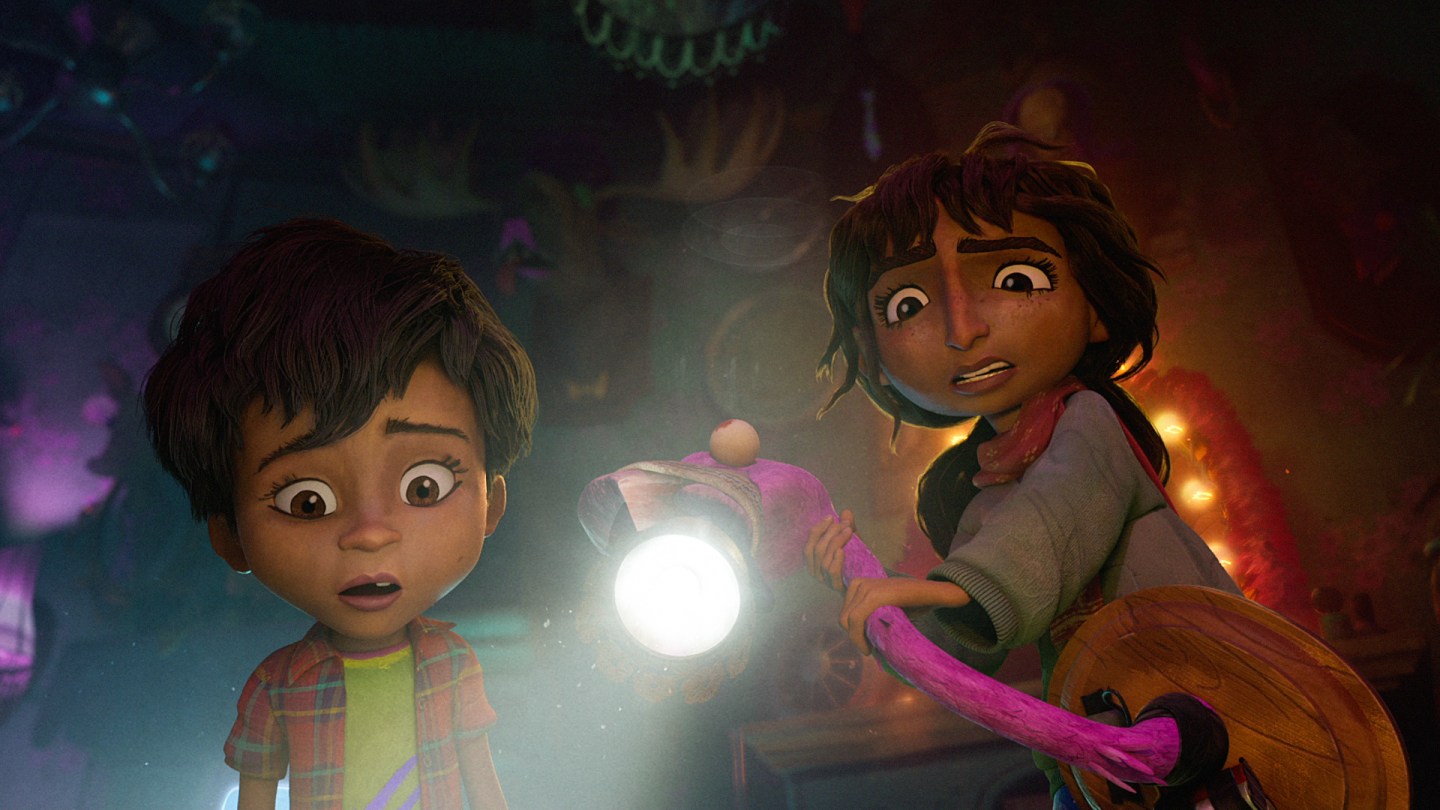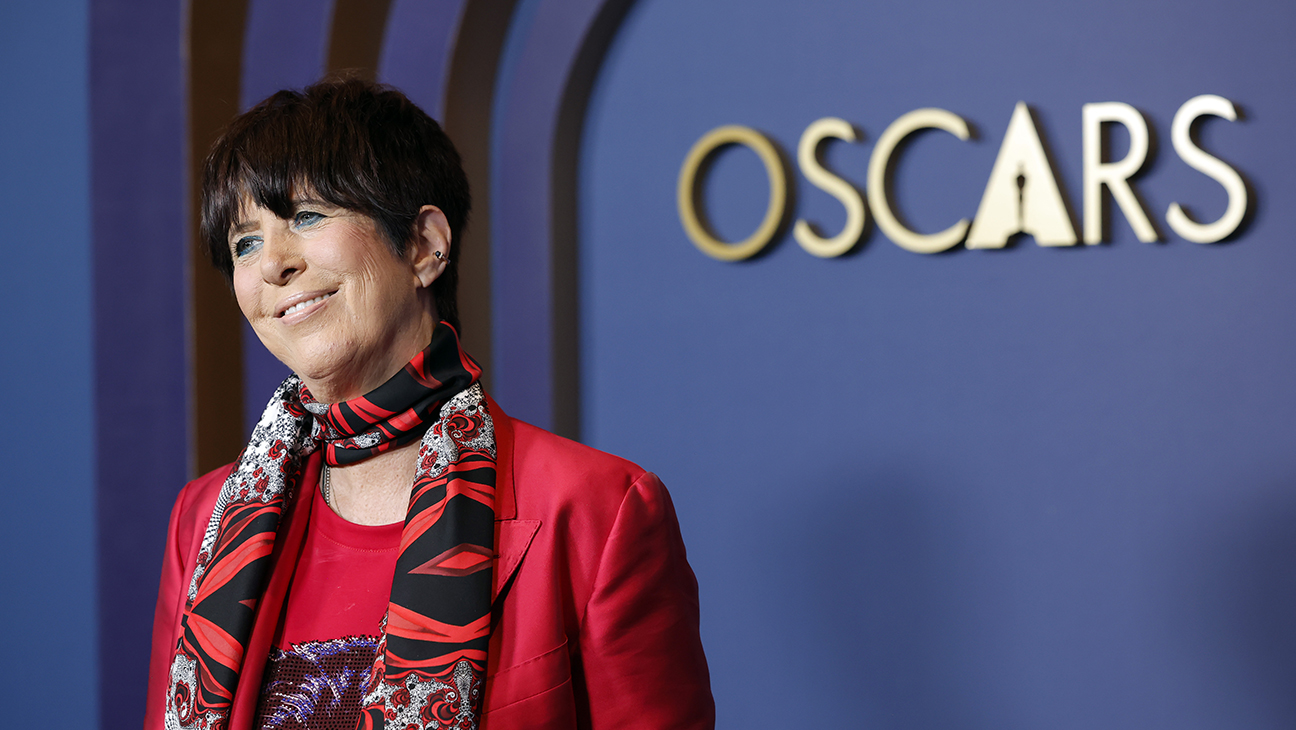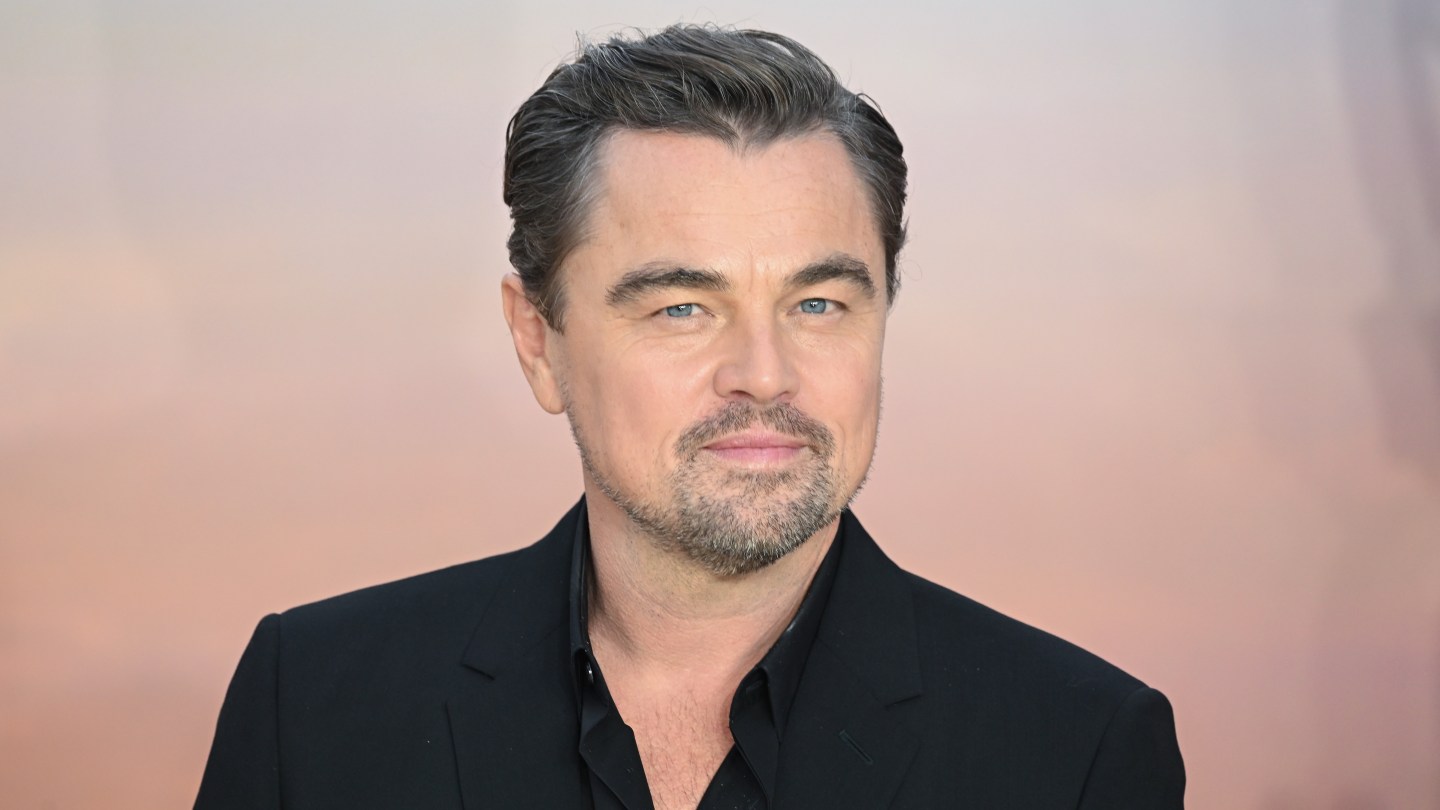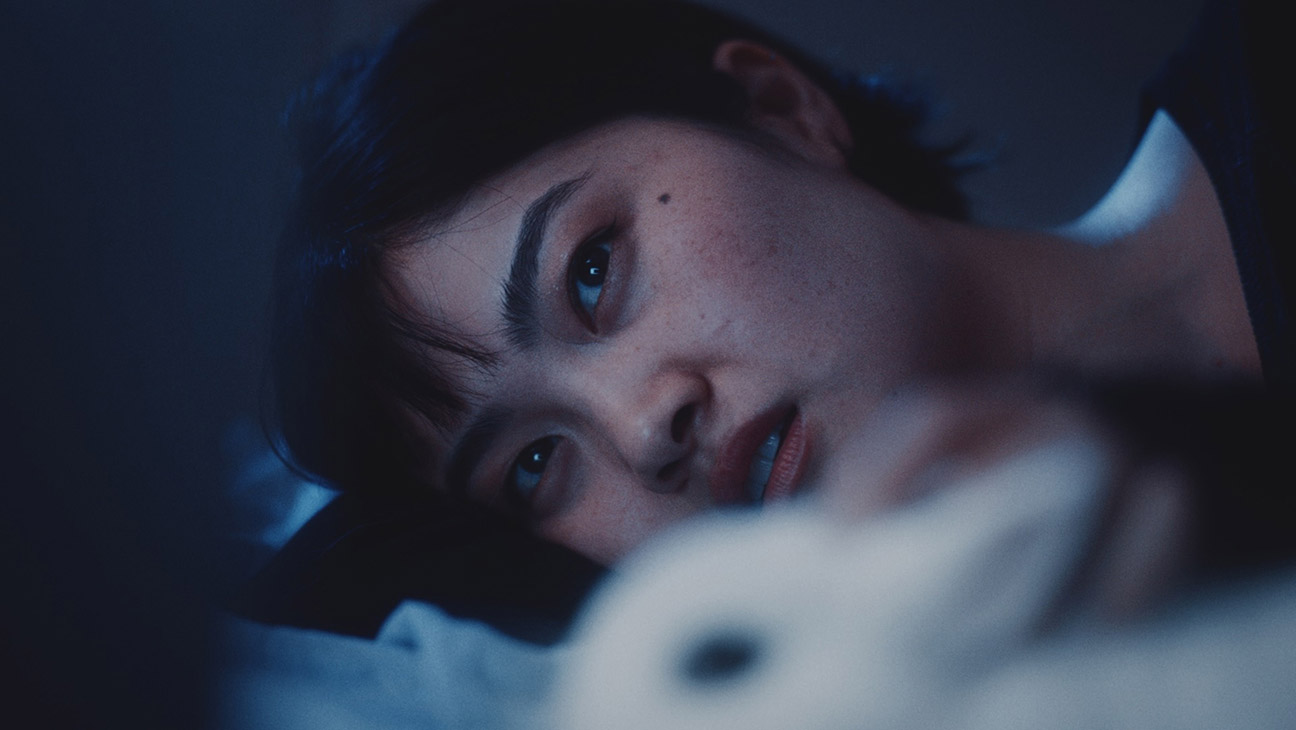While some young Roald Dahl fans, like me, preferred the cozy creepiness of The Witches or the weird whimsy of James and the Giant Peach, other readers were decidedly Twits kids. They liked that novel’s gross-out stuff about glass eyes placed at the bottom of beer glasses, worms swapped in for spaghetti, and so on. The very conception of the book, from 1980, was premised on revulsion: It was written mostly because Dahl wanted to talk about how much he hated beards (one of his more innocuous prejudices, it turns out.) As a child, I saw the icky appeal of it all, but thought The Twits — about a cruel and slovenly married couple and a family of magical monkeys trying to escape their imprisonment — a little too sordid to be considered a classic on the level of, say, Charlie and the Chocolate Factory.
The Twits has been adapted for the stage in the past, but a film version has been a long, slightly tortured time coming. A live action version was scrapped just a few years ago, but now a planned television series has been transformed into an animated film, directed (with Todd Kunjan Demong and Katie Shanahan as co-directors) by Phil Johnston, best known for writing winsome, hugely successful children’s films like Wreck-It Ralph and Zootopia. Perhaps The Twits offered Johnston the chance to connect with his inner garbage pail kid, allowing him to be gross and a little dangerous after the far more clean-cut, polished product of the aforementioned efforts.
The Twits
Standard-issue, until Trumpism shows up.
At the start of the film, a merry revel in nastiness seems to be exactly the plan. The action has been moved up to the present day, and a new slew of characters has been introduced. But the gunky fascinations of the text remain intact. The Twits, voiced with pluck and slime by Margo Martindale and British comedian Johnny Vegas, are indeed a seedy pair, pulling mean pranks on one another, keeping adorable and highly intelligent monkeys captive, and menacing local children. They also intend to open an amusement park, with a fetid bouncy castle made of soiled mattresses and all manner of other obvious health code violations. It’s all a bit more crass, and less whimsical, than Dahl’s novel, but it is mostly in the vein of it, seeking to appeal to a whole new generation of young people who enjoy the muckier stuff.
There’s not much for the rest of us, though, beyond some spirited voice performances (including one from Johnston himself) and the occasional joke that’s just strange and sideways enough to register. The small handful of spare original songs, by David Byrne no less, do not make much of an impression. The look of the film is awfully sub-par when compared to the gleaming output of Disney or DreamWorks. A little of that griminess, that squalidness, is no doubt the point, but too often The Twits looks like one of the many cheaply churned-out digitally animated movies that age pretty badly, pretty quickly. (Unfortunately most computer-animated films don’t have a terribly long shelf life, at least not aesthetically.)
The additions made to the narrative — particularly the introduction of two stock-character-ish orphan kids, Beesha (Maitreyi Ramakrishnan) and Bubsy (Ryan Lopez) — give The Twits a generic kiddie-movie quality, as if Netflix did not think Dahl’s story sufficiently relatable for today’s audiences. Such has been the case with many recent Dahl adaptations, alas. The prickliness and oddity of Dahl’s worlds are appreciated only up to a point. Then contemporary mores and styles must intervene.
But as The Twits unfolds, at least one of its modern inventions does resonate in surprising fashion. Beesha and Bubsy eventually run afoul of the villains, as kids in movies always do. One would expect that their fellow citizens — of a gloomy city called Triperot — would also find the Twits distasteful, even wicked. But instead, they rally around the Twits, sold on a false message of revitalization for a city that used to be a fun place to live. The Twits, simply trying to promote their befouled business interests, launch a campaign to restore past greatness. The kids watch horrified, and then set about trying to break their elders out of their spell.
Which ought to sound quite familiar here in 2025 America. This is, by my measure, the first animated children’s film to make such a direct allusion to Trumpism, to the mad sweep of collective derangement that has gripped ever more people (young and old alike, sadly) over the last 10 years. That a movie for kids should seek to allegorize that — to speak specifically to the feeling of watching obviously bad people elevated to positions of power while selling a sham narrative about returning to a lost Eden — is rather remarkable. There are other, more familiar themes in the film, ones of belonging, chosen family, and practicing empathy toward even those with whom we vehemently disagree. Those are valuable too, but it’s the pointed political analogy that makes The Twits wholly distinct — not a sentence I ever thought I’d write.
That the film has such a strong, timely moral argument makes one reconsider its creative merits. After all, Alan Tudyk is an oddball hoot as a sad-sack amphibian named Sweet Toed Toad. The magical monkeys, the Muggle-Wumps, are awfully cuddly and charming, and are given lively voice by Natalie Portman and Veep’s Timothy Simons. And hey, I also like the sentient hairballs that are coughed up by one Muggle-Wump when he is stressed; sure these fuzzy smiley faces come to life probably mostly exist for merchandising purposes, but they prove endearing nonetheless.
It’s funny that a film that initially seems destined to be a minor, forgettable toss-off can suddenly distinguish itself, to the point that most of its flaws are either waved away or embraced. Of course, those on the Twits’ side of things, in the film and in the real world, might say that such a perspective shift is an obvious example of lib-brained bias, of TDS (Twits Derangement Syndrome). To which I would reply: Go glue your head to the floor, why don’t you.





